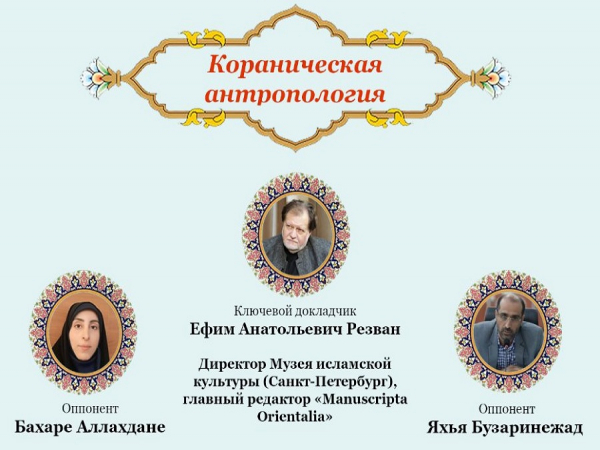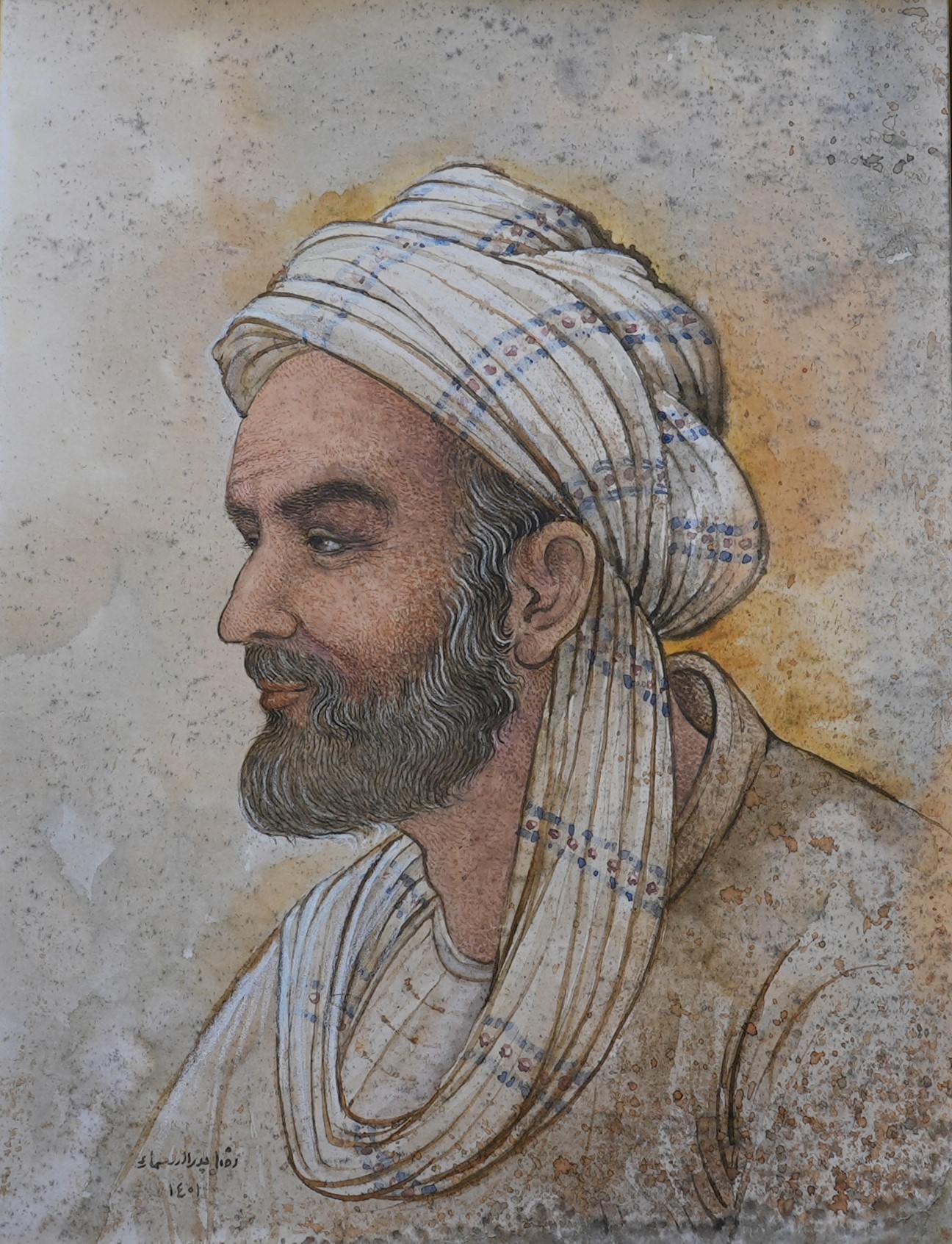The 33rd annual conference on Qur’anic anthropology was held on 24 April on Zoom (in English).
The main speaker of the conference was Efim Rezvan, director of the Museum of Islamic Culture and editor-in-chief of the Manuscripta Orientalia magazine.
He spoke about the importance of studying the Qur’anic ethnography as part of the Quranic anthropology, which aims to provide scientific support for a new translation of the Quran. E. A. Rezvan argues that “all existing Qur’anic dictionaries, as well as translations of this scripture, are mostly based on commentaries to the Qur’an (tafsirs), which appeared much later compared to the Qur’an itself, and impose meanings that emerged in different environment and time. The results obtained through the Qur’anic ethnography techniques allow us to clarify the meaning of Qur’anic texts, since they reconstruct the historical background”.
The speaker’s opponents, deputy head of the Museum of the Islamic Revolution Bahareh Allahdaneh and associate professor Yahya Buzarinejad of the department of Islamic Social Sciences at the Tehran University, also participated in the conference. During E.A. Rezvan’s presentation they asked different questions, including those related to the sources of the research and the results of the work.
The 33rd annual conference on Qur’anic anthropology was organized by the Ministry of Culture of Iran and held within the framework of the First Virtual Exhibition of the Holy Quran in cooperation with the Tehran University (Iran, Tehran), the Ibn Sina Foundation (Russia, Moscow) and the Museum of Islamic Culture (Russia, St. Petersburg).



